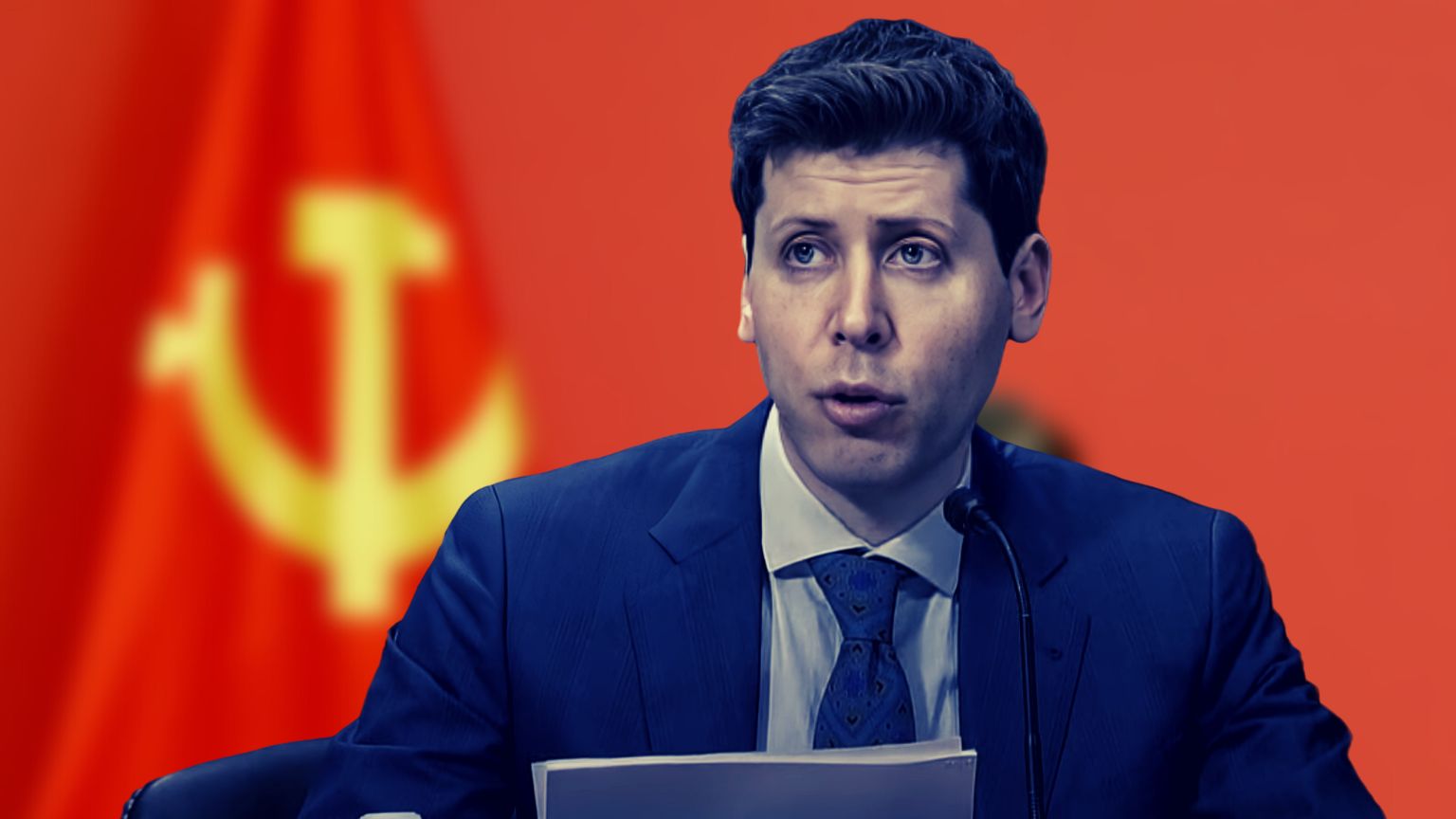OpenAI CEO Sam Altman, also the creator of plans to scan people’s eyes to create a global system of digital ID, has expressed the importance of China’s role in establishing artificial intelligence “safeguards” at a conference in Beijing. The Microsoft-backed company’s chief executive highlighted the necessity for international collaboration as AI systems grow more potent.
What he’s saying: “With the emergence of the increasingly powerful AI systems, the stakes for global cooperation have never been higher,” Altman addressed the audience. He later added, “China has some of the best AI talent in the world, and fundamentally, given the difficulties in solving alignment for advanced AI systems, this requires the best minds from around the world.”
The Big Picture: Investments and top-tier talent have been pouring into AI development hubs in Silicon Valley and Beijing. OpenAI’s generative AI tool, ChatGPT, is one such instance that accelerated the traction of the technology.
However, the rise of AI has also ignited geopolitical tensions concerning its regulation. Chinese President Xi Jinping expressed the necessity of AI regulation for national security. The State Council of China announced it will consider AI-related legislation by the year’s end.
Context: OpenAI is notably not accessible in China, as with many Western tech services. Market experts believe that regulatory hurdles could make it challenging for foreign companies to penetrate the Chinese AI market.
The Beijing Academy of Artificial Intelligence, which hosted the event, is a pivotal force in China’s AI sector. Supported by the Ministry of Science and Technology, it received accolades from Microsoft’s president, Brad Smith, who recognized it as a frontrunner in AI.
The elephant in the room: The Chinese Communist Party’s (CCP) relentless control over information is crucial to its grip on power. It uses the Great Firewall to block global web access and heavily censors domestic content, including online platforms and traditional media. The big picture is that this allows the CCP to control narratives and suppress dissent, ensuring public alignment with its ideologies.













